SIM Sokcheng
Senior Research Fellow and Director Center

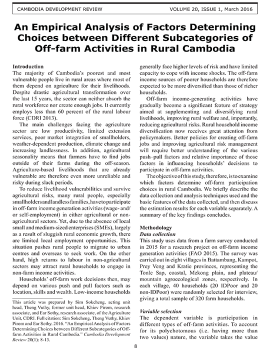
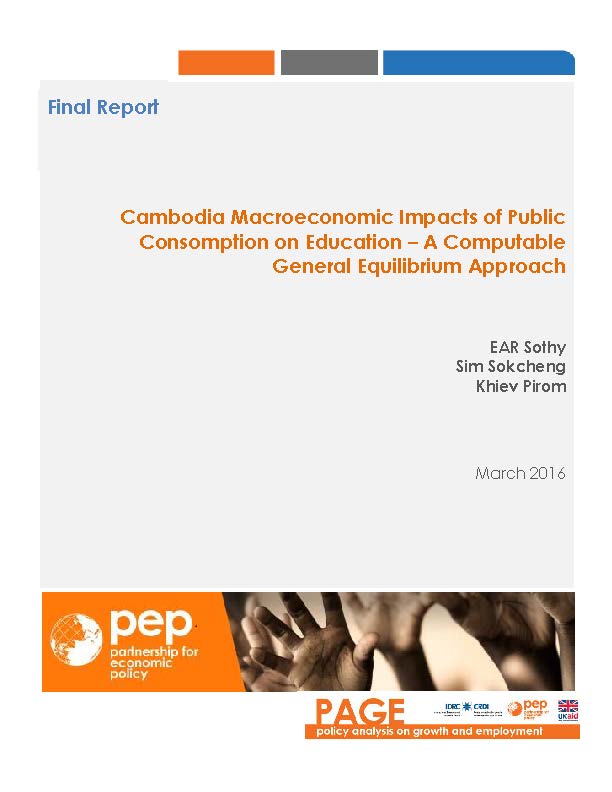
Lack of human capital is seen as one of the most significant constraints for Cambodia to be more competitive and to reach upper-middle-income country status. A recent discussion among researchers, policymakers, the private sector and development partners reached a broad consensus that a skills gap is emerging in Cambodia. In spite of concerted effo...

IT for Change, Institute of Development Studies (IDS) and country partners are preparing a project on “Digital Economic Integration of MSMEs in the Global South”, focusing on micro, small and medium enterprises (MSMEs). Due to the Covid-19 pandemic, MSMEs of low-income populations have faced abrupt economic downturn in which the global consensus ev...
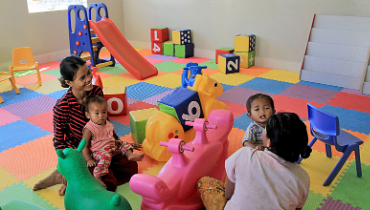
The World Bank’s East Asia and Pacific Chief Economist Office is preparing a regional flagship report on childcare. The report is exploring how childcare availability can promote equity and growth objectives and how childcare can be designed to balance the dual objectives of promoting children’s development and mothers’ labour force participation....

To improve undernutrition challenge, a five-year The Cambodia Nutrition Project (CNP) was formulated with The MOH and the National Committee for Sub-national Democratic Development (NCDDS) of the Ministry of Interior are the implementing agencies. The project brings together global evidence on effective interventions with Cambodia’s priorities to d...
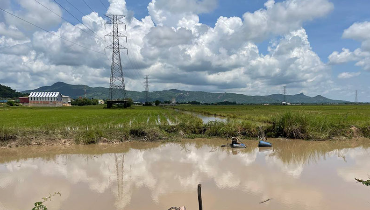
More than 60 percent of Cambodia farmers grow rice, also, rice farmers mostly are smallholder suffering from low productivity, inadequate infrastructure, and vulnerability to flooding and drought. Remote smallholders might not benefit from existing irrigation system. Supported by IFAD-NARDT, the study is policy relevant which will provide evident...

To design, administer, and disseminate the results of an impact evaluation of community-based day-cares for the children of garment factory workers (CBCC) in Kampong Speu Province, Kandal Province, and other areas. To design a rigorous program evaluation that answers pre-specified research questions on the impact of professional, high-quality dayca...
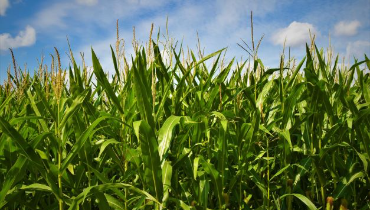
From the early 1990s, Cambodia’s agricultural food trade was seen as exports of raw materials and unprocessed primary commodities to neighboring countries such as Thailand and Vietnam. The production and processing capacity were remarkably low at the time. Realizing the tremendous amount of the exports and great loss of value-added incomes, the Roy...
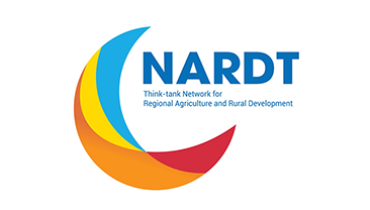
The Network of Agriculture and Rural Development Think-tanks (NARDT) project is designed to form a consortium with flexible cooperation mechanism where think tanks of different stakeholders of Cambodia, Myanmar, Lao and Vietnam can work together in an effective manner to improve the quality of policies in agriculture and rural development and facil...

This study aims to fill this gap in research by conducting a Gender and Inclusive Development Analysis (GIDA) combining qualitative and quantitative approaches. The GIDA is intended to inform USAID’s work plans regarding the Cambodia Country Development Strategy (CDCS) for 2020-2025 by providing a rationale, data and recommendations of which gender...

The project was funded by the United States Agency for International Development in partnership with Mitchell Group, Inc. (TMG). The project was to conduct mid-term evaluation on HARVEST II project.

Growing rural-to-urban and international migration flows have sparked concerns about the investments in education of the children left behind in Cambodia. We draw on a panel household-level survey conducted in rural villages in 2014 and 2017 to analyze the relationship between parental migration and child schooling. The analysis reveals that c...
